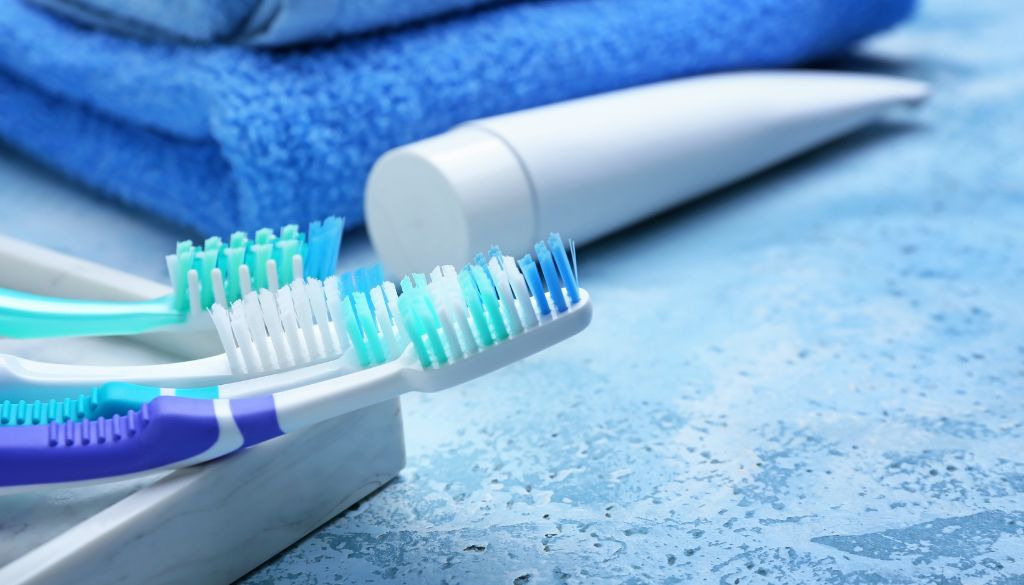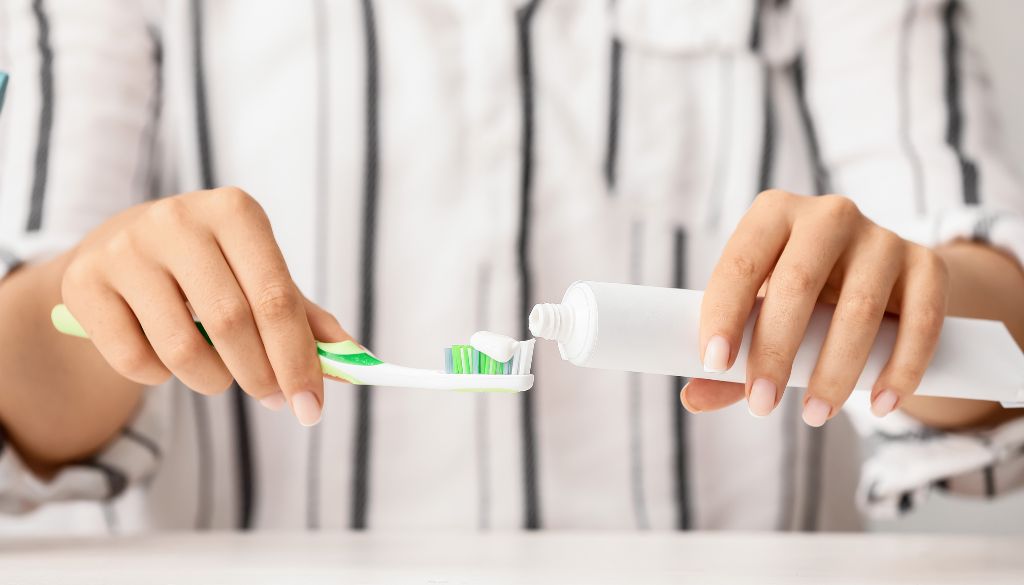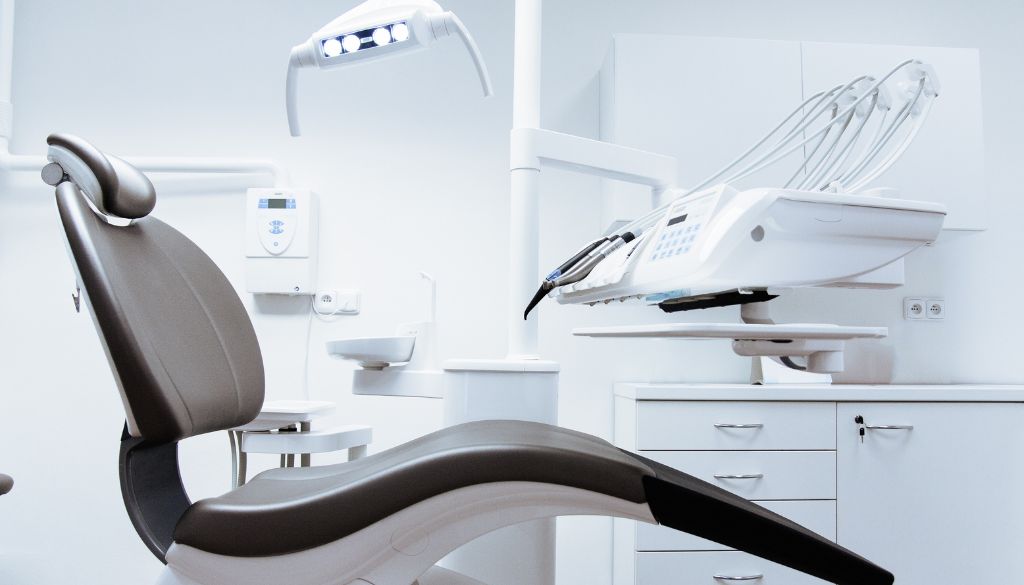Dental Tips for Optimal Oral Health: Maintaining a Healthy Smile
Maintaining optimal oral health is essential for both our overall well-being and the prevention of dental diseases. We often overlook the simple daily practices that can contribute to a healthier mouth and a brighter smile. Establishing a consistent oral hygiene routine is the cornerstone of good dental health, just as visiting the dentist regularly for professional cleanings and check-ups is vital for early detection and prevention of oral diseases.

Our diet and lifestyle choices play a significant role in the health of our teeth and gums. Consuming foods low in sugar, avoiding tobacco, and limiting beverages that stain, like coffee and red wine, can profoundly affect our oral health. Certain life stages and conditions also require specific oral care strategies to address unique challenges, ensuring our mouths stay healthy throughout our lives. Common questions about oral care often arise, highlighting the need for accessible, accurate information that can guide us in preserving our dental health.
Key Takeaways
- A regular and thorough oral hygiene routine is essential for maintaining dental health.
- Routine dentist visits are crucial for preventing and treating oral diseases.
- Diet and lifestyle significantly affect the condition of our teeth and gums.
Establishing a Daily Oral Hygiene Routine

To maintain oral health and prevent dental issues, it’s essential for us to establish and adhere to a daily oral hygiene routine. This includes proper brushing and flossing to remove plaque and protect our teeth and gums.
Brushing Fundamentals
- Frequency: We should brush our teeth at least twice a day, in the morning and before bedtime, to minimize plaque buildup.
- Technique: Hold our toothbrush at a 45-degree angle to the gums and use gentle, circular motions to clean the outer, inner, and chewing surfaces of each tooth.
- Duration: Each brushing session should last for two minutes to thoroughly clean all areas of our mouth.
- Toothpaste: We must use fluoride toothpaste as it helps to strengthen the tooth enamel and prevent decay.
- Toothbrush: We should replace our toothbrush every three to four months, or sooner if the bristles are frayed.
The Importance of Flossing
- Technique: Use about 18 inches of dental floss, winding most around one of our middle fingers and the rest around the opposite middle finger. Hold the floss tightly between our thumbs and forefingers and gently guide it between our teeth using a rubbing motion.
- Gums: Curve the floss into a ‘C’ shape when it reaches the gumline, and slide it into the space between the gum and tooth.
- Daily: Flossing once a day helps remove plaque and food particles from areas our toothbrush can’t reach, protecting our gums from inflammation and disease.
Professional Dental Care and Disease Prevention

We understand the pivotal role that professional dental care plays in preventing oral diseases and maintaining overall health. Engaging in regular dental visits for checkups and cleanings is essential to ward off common problems such as gum disease and tooth decay.
Routine Checkups and Cleanings
Dental Checkups: We recommend scheduling dental checkups every six months. During these checkups, dentists can detect early signs of tooth decay and gum disease, which encompass conditions like gingivitis and periodontitis. It’s also an opportunity for the dentist to perform necessary dental x-rays to diagnose underlying problems that aren’t visible during a regular examination.
- Frequency of Visits: Every 6 months
- Key Examinations:
- Visual inspection for signs of decay
- Gum disease evaluation
- Oral cancer screening
- Dental x-rays as needed
Cleanings: Professional cleanings performed by a dental hygienist help remove plaque and tartar that can lead to gum disease. These cleanings include thorough scaling, flossing, and polishing of the teeth, which are vital in preventing periodontitis, a severe form of gum disease.
- Cleaning Steps:
- Scaling to remove plaque and tartar
- Flossing between and around teeth
- Polishing to remove surface stains
Oral Health and Overall Health Connection
Research shows a strong link between oral health and overall health. Poor oral health can contribute to a range of systemic diseases, including heart disease, stroke, diabetes, arthritis, complications during pregnancy, cardiovascular disease, endocarditis, and pneumonia.
Tobacco Use: Avoiding tobacco products is critical. Tobacco use is a significant risk factor for oral health problems and diseases, including various forms of cancer.
- Risks of Tobacco Use:
- Increased risk of gum disease
- Higher probability of tooth decay
- Possible oral cancer
By proactively managing our oral health through professional care, we can actively prevent the onset of disease and maintain a strong foundation for our overall health. Prioritizing dental visits is crucial not just for our teeth, but for our total well-being.
Diet and Lifestyle Choices Impacting Oral Health
Our diet and lifestyle choices play a significant role in maintaining oral health. Specific habits may contribute positively or negatively to the condition of our teeth and gums.
The Effects of Sugar on Teeth
Consuming sugar and sugary foods such as candies, cakes, and cookies can lead to dental cavities. Sugary drinks like sodas and fruit juices also contribute significantly to tooth decay. When sugar sticks to our teeth, it feeds bacteria in our mouth, producing acids that can erode tooth enamel, the hard outer layer protecting our teeth. To counteract this, we must limit our intake of these items and consider eating a well-balanced diet that includes water to help rinse away food particles and sugar.
- Tips to Minimize Sugar Impact:
- Replace sugary snacks with healthier options like fruits and vegetables.
- Use sugar-free gum to stimulate saliva production, which helps protect teeth.
- Drink water instead of sugary drinks to keep healthy teeth.
Smoking, Alcohol, and Oral Health
Smoking and the use of tobacco products pose significant risks to oral health, leading to issues such as gum disease, tooth loss, and oral cancer. Tobacco use affects the normal function of gum tissue cells and can impede proper blood flow, making the mouth more vulnerable to infections.
Alcohol consumption, especially in excess, can also be harmful to oral health. It can lead to a dry mouth condition, which decreases the production of saliva, an essential component in neutralizing acids and rebuilding tooth enamel over time.
- Lifestyle Adjustments for Healthier Oral Environment:
- Quit smoking and avoid tobacco products entirely.
- Limit alcohol intake to moderate levels as part of a balanced diet.
- Increase water consumption to promote saliva production and oral hydration.
Special Considerations for Oral Care
We must pay attention to the specific oral health requirements that arise during different life stages and conditions, such as for older adults and during pregnancy. These phases may demand adjustments to our dental care routines to accommodate unique challenges or increased risks.
Dental Care for Older Adults
With advancing age, we often encounter new oral health issues. Medications can lead to a dry mouth, which, in turn, can increase the risk of tooth decay and gum disease. It is crucial for older adults to stay hydrated and possibly use saliva substitutes to manage dry mouth symptoms. Regular dental check-ups are important to monitor for signs of gum recession or tooth loss. For those with difficulty chewing or wearing dentures, we should ensure that the fit is correct to avoid discomfort and poor nutrition from inadequate food intake. If managing dental care becomes challenging, a caregiver’s assistance might be necessary.

Oral Health During Pregnancy
Pregnancy introduces hormonal changes that can cause increased susceptibility to plaque and bleeding gums, often referred to as “pregnancy gingivitis.” We should maintain diligent oral hygiene and attend regular dental check-ups to prevent infections that could potentially enter the bloodstream and affect the pregnancy. It’s essential to balance blood sugar levels through a healthy diet since fluctuations can impact oral health.
Expectant mothers should be aware of the heightened risk of premature birth and low birth weight associated with poor oral hygiene. We advise discussing any changes in oral health with a dentist and potentially your obstetrician. Specialized care may be required if gum problems persist or worsen.

Conclusion
In conclusion, securing optimal oral health is a multifaceted endeavor that requires more than just sporadic efforts. It’s about integrating daily habits that promote dental health, from brushing and flossing meticulously, to embracing a diet that supports strong teeth and gums.
Moreover, the importance of regular dental check-ups cannot be overstated, as they are key to early detection and prevention of potential issues. By adopting a comprehensive approach towards oral hygiene, we not only ensure a healthier mouth but also contribute to our overall well-being. Let us remember that a healthy smile is a reflection of a healthy body, and by prioritizing our dental health, we take a significant step towards enhancing our quality of life.
Embrace these dental tips for optimal oral health and enjoy the confidence that comes with a radiant, healthy smile.
Call us at (310) 838-7780 for a free consultation or book your appointment online.
We look forward to serving you!
Frequently Asked Questions
To ensure our oral health is of the highest standard, we must adhere to a set of effective practices and utilize appropriate products. This section answers common queries on how to best maintain dental hygiene.
What are the essential steps for maintaining good oral hygiene?
We maintain good oral hygiene by brushing at least twice a day, flossing daily to remove plaque from between our teeth, and rinsing with an antiseptic mouthwash to kill bacteria that might cause plaque and decay.
What daily oral hygiene routine is recommended for healthy teeth and gums?
We recommend brushing your teeth in the morning and before bedtime with a fluoride toothpaste and a soft-bristled toothbrush. Flossing at least once a day and using mouthwash can also significantly contribute to our oral health.
Which oral hygiene products are considered most effective?
Fluoride toothpastes and mouthwashes are effective in preventing tooth decay and strengthening enamel. We find that toothbrushes with soft bristles are suitable for most, as they are less likely to damage the gums or tooth enamel.
How can one promote good oral health through diet and lifestyle choices?
We promote good oral health by maintaining a balanced diet low in sugary foods and drinks. Regular dental check-ups and avoiding tobacco in any form also contribute greatly to our overall dental health.
What are the best ways to prevent gum disease and tooth decay?
To prevent gum disease and tooth decay, we recommend strict adherence to our daily oral hygiene routine, reducing intake of sugary foods, and scheduling regular dental cleanings and exams.
Why is it important to practice consistent oral hygiene?
Consistent oral hygiene is important because it prevents a buildup of plaque, which can lead to gum disease and tooth decay. It also ensures that our teeth and gums stay healthy throughout our lives.
